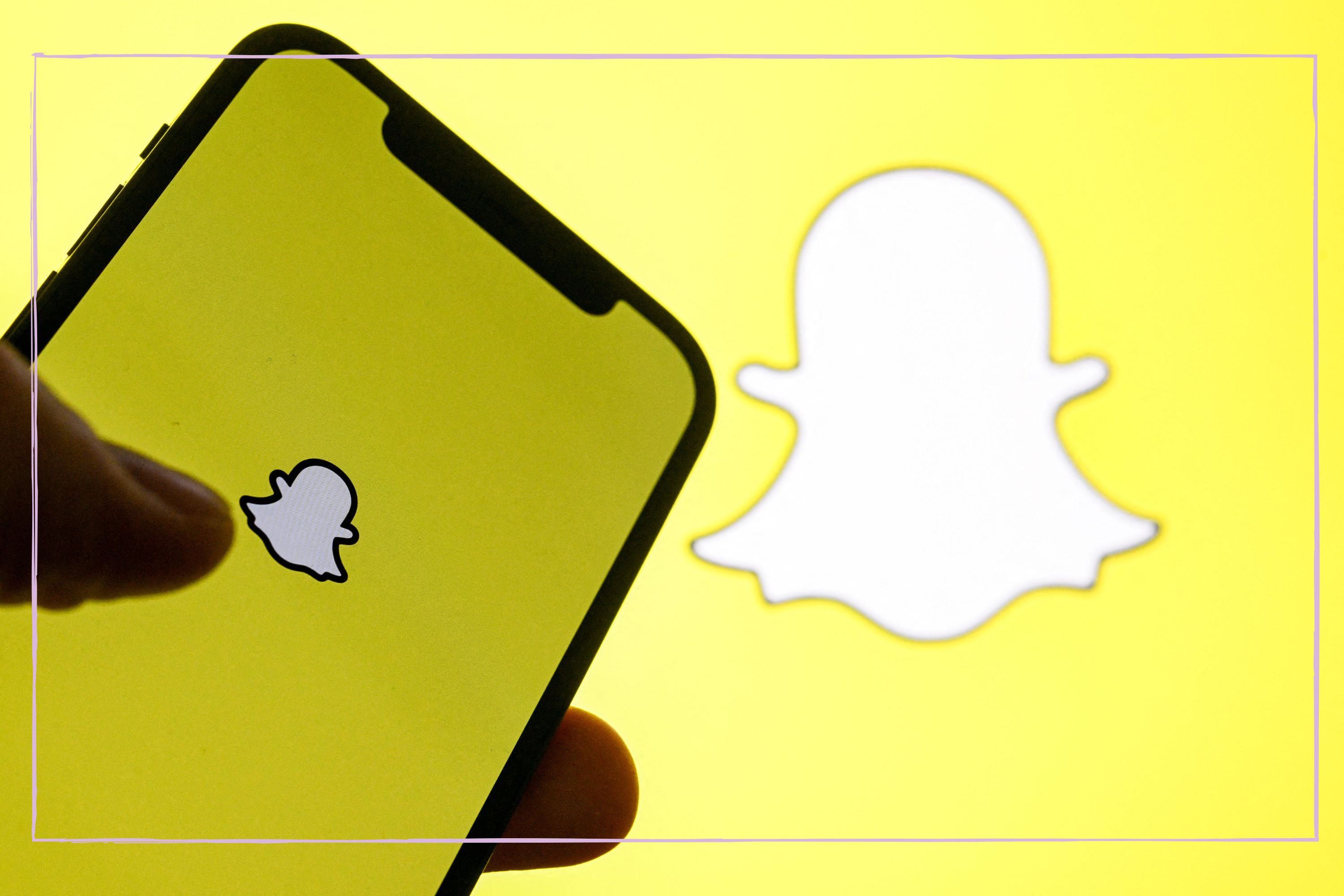Snapchat has turned off a controversial friend-ranking feature following reports of teen anxiety - here's what parents need to know
The 'Solar System' feature allows users to see how 'close' they are to their friends


Parenting advice, hot topics, best buys and family finance tips delivered straight to your inbox.
You are now subscribed
Your newsletter sign-up was successful
Snapchat has turned off its 'Solar System' feature following reports of teen anxiety. We've shared everything to know about what it is and the social media platform's other controversial tools.
The impact of social media on children is a hot topic of conversation among parents - especially with the news that half of teens admit they are addicted to social media, while regulator Ofcom has said 'violent content has become a normal part of children’s online lives'.
It's no surprise then that parents are looking for tips to keep kids safe online. Despite age restrictions and parental controls, many feel social media platforms are not doing enough to protect young people from harmful content. However, in positive news, messaging app Snapchat has made the decision to backpedal on a new feature following reports of teen anxiety.
Known as the 'Solar System' feature, which is available to Snapchat+ subscribers, it allows paying users to see where they rank in a particular friend's 'orbit' based on how often they communicate. Supposedly, the closer to the 'sun' they are, the closer the friendship.
However, following reports that the feature was making teens anxious and insecure about their relationships, Snapchat is making some changes. In a statement, the company said: "We’ve gotten overwhelmingly positive feedback from the Snapchat+ subscribers who use the Solar System feature, but we understand that even though it can feel good to know you are close to someone, it can also feel bad to know that you aren’t as close to a friend as you’d like to be. We’ve heard and understand that the Solar System can make that feeling worse, and we want to avoid that."
One 15-year-old girl told The Wall Street Journal that the feature had a negative impact on her relationship with her boyfriend, after he found out that he was only the 'Neptune' in her Solar System, while another male friend of hers was the 'Mercury'.
"A lot of kids my age have trouble differentiating best friends on Snapchat from actual best friends in real life," she added.
Parenting advice, hot topics, best buys and family finance tips delivered straight to your inbox.
Snapchat's statement goes on to explain that the company has made the decision to turn the Solar System feature off by default, "so that Snapchat+ subscribers who want more friendship insights can proactively turn it on, and those who don’t will never have to see it."
"We hope this strikes the right balance between providing a feature that is desired by many who use it while avoiding upsetting those who don't want to use it," the company added. "We will also take the time to further evaluate the feature and determine if there are additional ways that we could improve it for our community."
However, the Solar System feature is just one of Snapchat’s friend ranking systems. It also offers a feature called 'Best Friends', which puts the people users communicate with most at the top of their contact list, along with a heart or smiley emoji.
Meanwhile, 'Streaks' is a feature that offers a visual representation of how many consecutive days users have stayed in touch with one another on the app. It has previously received bad press over its addictive nature, prompting Snapchat to add a tool that allows users to pause or restore streaks.
In January 2024, Snap Inc's CEO Evan Spiegel appeared at a Senate Judiciary Committee hearing where social media bosses were criticised for not doing enough to protect children from being exploited on their platforms.
At the hearing, Mr Spiegel apologised to parents of children who obtained deadly drugs via Snapchat, saying, "I’m so sorry that we have not been able to prevent these tragedies. We work very hard to block all search terms related to drugs on our platform."
He added that Snapchat would back a bill to hold apps and social media platforms legally accountable if they recommended harmful material to children.
In other news, a psychologist has recommended four tips to stop doomscrolling, and we've asked the experts if TikTok is safe for kids. Elsewhere, new research has found that 77% of teen girls reporting 'harmful' digital experiences.

Ellie is GoodtoKnow’s Family News Editor and covers all the latest trends in the parenting world - from relationship advice and baby names to wellbeing and self-care ideas for busy mums. Ellie is also an NCTJ-qualified journalist and has a distinction in MA Magazine Journalism from Nottingham Trent University and a first-class degree in Journalism from Cardiff University. Previously, Ellie has worked with BBC Good Food, The Big Issue, and the Nottingham Post, as well as freelancing as an arts and entertainment writer alongside her studies. When she’s not got her nose in a book, you’ll probably find Ellie jogging around her local park, indulging in an insta-worthy restaurant, or watching Netflix’s newest true crime documentary.